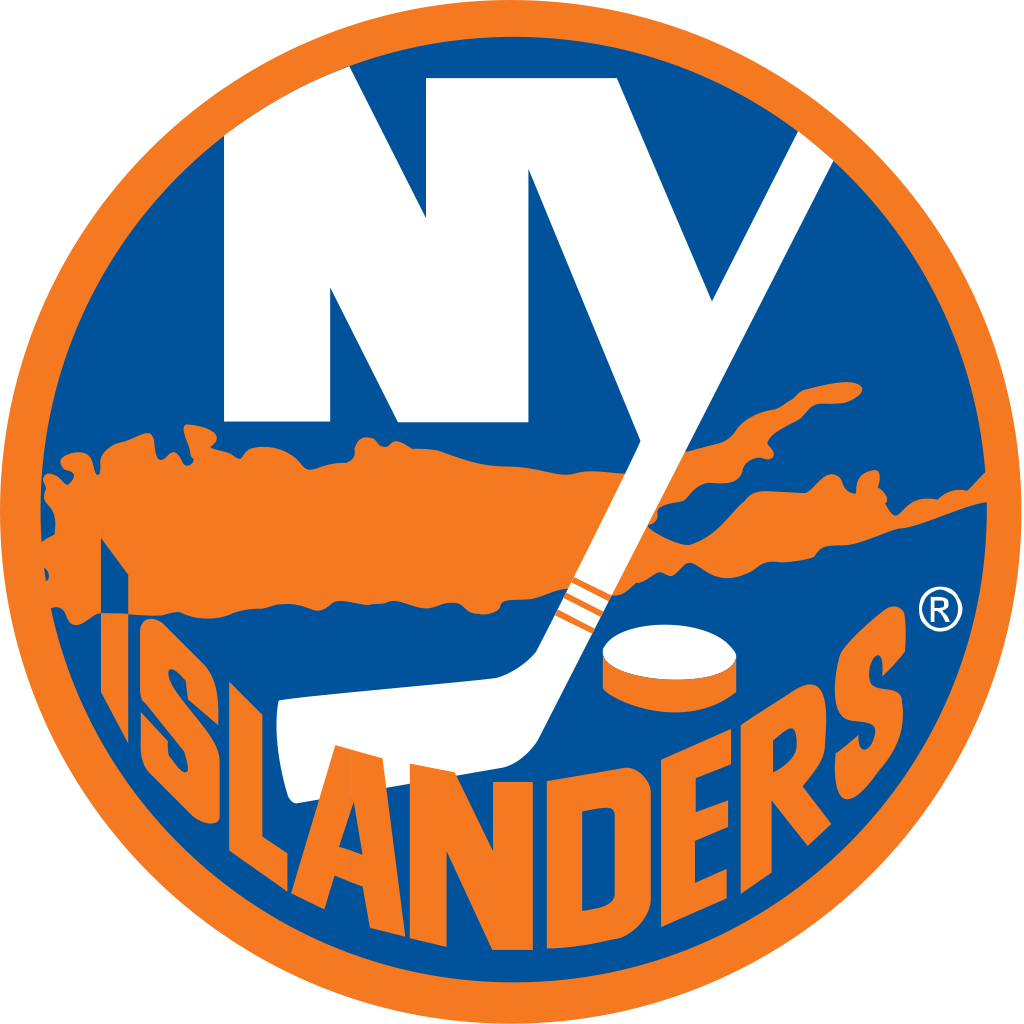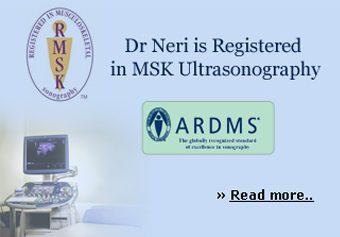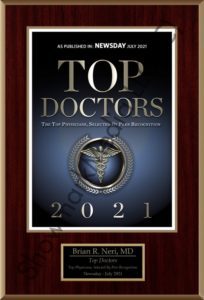Check out some information on our most common knee injuries. If you are in need of medical attention for any of the following procedures, please feel free to contact us as soon as possible to schedule your appointment.
The ACL is one of the major ligaments in the knee; it provides rotational stability. ACL injuries most commonly occur in sports or activities that involve sudden stops or change in direction. Common sports were ACL injuries are seen include basketball, football, soccer and lacrosse. Many patients experience a pop in the knee when the ACL tears. Often times this is followed by swelling and feelings of instability. In most cases, the ACL has to be reconstructed to provide the knee with more stability and to prevent future damage to the knee. Physical therapy is instrumental in ACL recovery to help regain back range of motion and strength to the knee following surgery. Patients are able to go back to all sports once fully recovered from ACL reconstruction.
A meniscus tear is one of the most common knee injuries. The meniscus is cartilage that acts as a cushion in between the femur (thigh) and the tibia (shin). Most times the meniscus will tear after a twisting event to the knee, but some tears can occur even without a specific knee injury. A torn meniscus can cause symptoms of locking, clicking, swelling and stiffness. Both non-surgical and surgical treatments are utilized in treating meniscus tears. Non-surgical treatment options include activity modification, NSAIDs, physical therapy and sometimes injections. Surgical treatment options include an arthroscopy for either a meniscus repair or a trimming procedure. The type of procedure is determined based on the type of tear.
A knee cap or patella dislocation is an injury where the knee cap slips out of its normal position. Knee cap dislocations can occur with a twisting event or after a contact injury. Most times the knee cap will go back into place on its own. After a dislocation there may be swelling, pain, and stiffness to the knee. Knee cap dislocations are usually treated with bracing and physical therapy. However, if the knee cap continues to dislocate surgery may be indicated.
A cartilage or chondral defect is a focal area of cartilage loss in the knee. This differs from arthritis where there is a more diffuse area of cartilage loss. Cartilage defects can occur with our without an injury to the knee. Symptoms of cartilage defects include pain, swelling, stiffness, and sometimes locking. Unfortunately, chondral defects do not heal on their own and many times require surgery. Cartilage injuries can be addressed with a number of different procedures including MACI and OATS.




